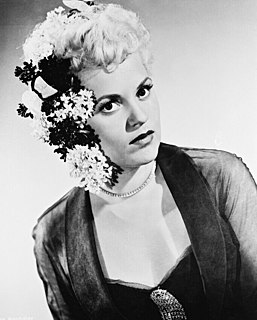A Quote by Ozwald Boateng
Style is an extension of yourself. My approach is to enhance the personality of the wearer, so he has his own voice
Related Quotes
When a new writer defends his "style," the teacher smiles (or cringes) because real style isn't an artifice. Real style - voice - arrives on its own, as an extension of a writer's character. When style is done self-consciously and purposefully it becomes affectation, and as transparent as any affectation - an English accent on an old college chum from New Jersey, for example.
Like Hemingway and Faulkner, but in an entirely different mode, Fitzgerald had that singular quality without which a writer is not really a writer at all, and that is a voice, a distinct and identifiable voice. This is really not the same thing as a style; a style can be emulated, a voice cannot, and the witty, rueful, elegaic voice gives his work its bright authenticity.
Of all man’s instruments, the most wondrous, no doubt, is the book. The other instruments are extensions of his body. The microscope, the telescope, are extensions of his sight; the telephone is the extension of his voice; then we have the plow and the sword, extensions of the arm. But the book is something else altogether: the book is an extension of memory and imagination.
The beginner should approach style warily, realizing that it is himself he is approaching, no other; and he should begin by turning resolutely away from all devices that are popularly believed to indicate style - all mannerisms, tricks, adornments. The approach to style is by way of plainness, simplicity, orderliness, sincerity.







































